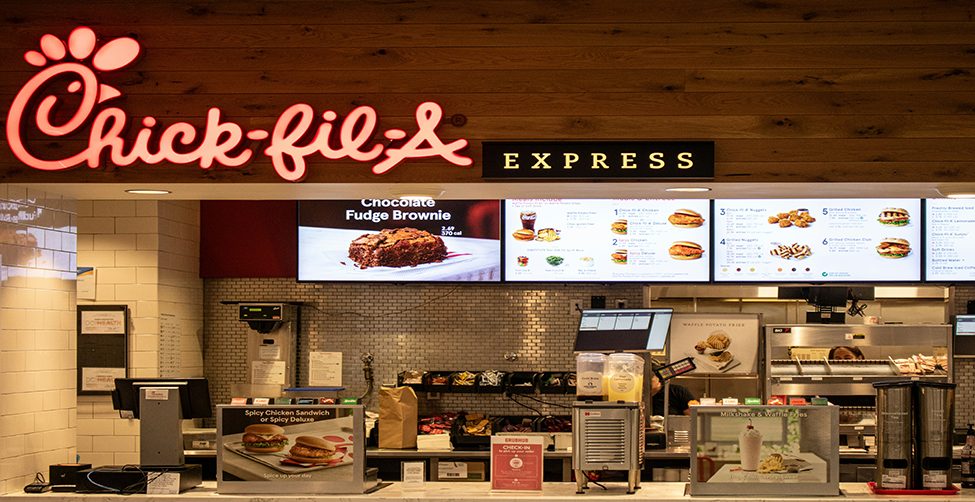Balancing a job while juggling midterms, group projects and 8 a.m. lectures might sound like a recipe for burnout, but for thousands of college students, it is a way to survive and thrive.
About 74% of part-time undergraduate students and 40% of full-time students were employed in 2020, according to the National Center for Education Statistics. From part-time retail jobs to student worker positions, there are many opportunities for college students to gain relevant career experience and money, making the reward of having a job well worth the potential for added stress.
I believe there are so many benefits to having a job while in college. The first, and sometimes most obvious, is the paycheck. Money tends to disappear quickly when you are a student, so having a little bit of backup cash can help you when you are in a pinch.
For many, getting a job is not about having extra spending money. Instead, college students rely on jobs to fund their education. This is another reason why working a job in college can be so beneficial. It can help those with loans get a head start on paying them off or help continue to support them through their degree.
The total student loan balance in the U.S. is reaching over $1.814 trillion. On average, students collect $31,960 in debt to obtain their bachelor’s degree, according to Education Data Initiative.
If off-campus jobs are intimidating to commit to, on-campus jobs are an incredible option for those who may not have a car, need flexible hours or are looking for career-specific opportunities.
Some on-campus positions are work-study or scholarship-based which is another viable option for those working their way through college. Not only are these opportunities available, but it is also better for finding a position in a role that fits your major or future goals.
Beyond just earning money, working in college offers valuable experience. Job experience can be added to your resume, along with the other skills obtained through the position. Building one’s resume is vital, especially while in college.
Holding a job while balancing the life of a college student shows future employers that you (most likely) have time-management skills and can work with a team.
Internships are another important piece of the puzzle. Even though some internships are unpaid, they often require the same level of time, effort and commitment as a paid job. They can also lead to valuable networking opportunities, industry insights and future job offers.
Whether you are getting paid or not, internships offer experience that can set you apart in a competitive job market.
Of course, not everyone is available to work during college, and that is okay. It is important to know your limits as well as where your capacity lies. If you foresee your academic or mental health beginning to slip due to adding a job, it would be a better to decision to focus on the priorities already in front of you.
With that being said, if you feel capable and have a desire to work, I wholeheartedly encourage you to try it out. You never know what skills you will gain from working a job in college, what people you may meet or what doors might be opened to you.
Long is a staff writer for the Liberty Champion.
